In the summer of last year, reports circulated that the UK government would legally recognize lobsters as “sentient beings” in line with its Animal Welfare (Sentience) Bill.
The bill, which acknowledges that vertebrates and some marine invertebrates are capable of experiencing feelings like pain, was one of a number of the Conservative Party’s promising, yet vague, plans to “lead the way on animal welfare.” And, to “revolutionize” the treatment of animals both here in the UK and abroad.
Last month, the bill finally passed through parliament and received Royal Assent. Now, lobsters are one of the many animals officially considered capable of feeling emotions. Whether it will lead to any tangible improvements to their lives, however, remains to be seen.
Torture of lobsters
Lobsters are victims to probably the most horrific example of human-inflicted torture of animals, being thrown into pots of boiling water while conscious to be cooked as “food.” It can take them up to 15 minutes to die, and they will desperately attempt to escape until they do.
It had previously been assumed by the press and general public that a recognition of sentience would mean an inevitable outlaw of this method, but this is looking increasingly doubtful.
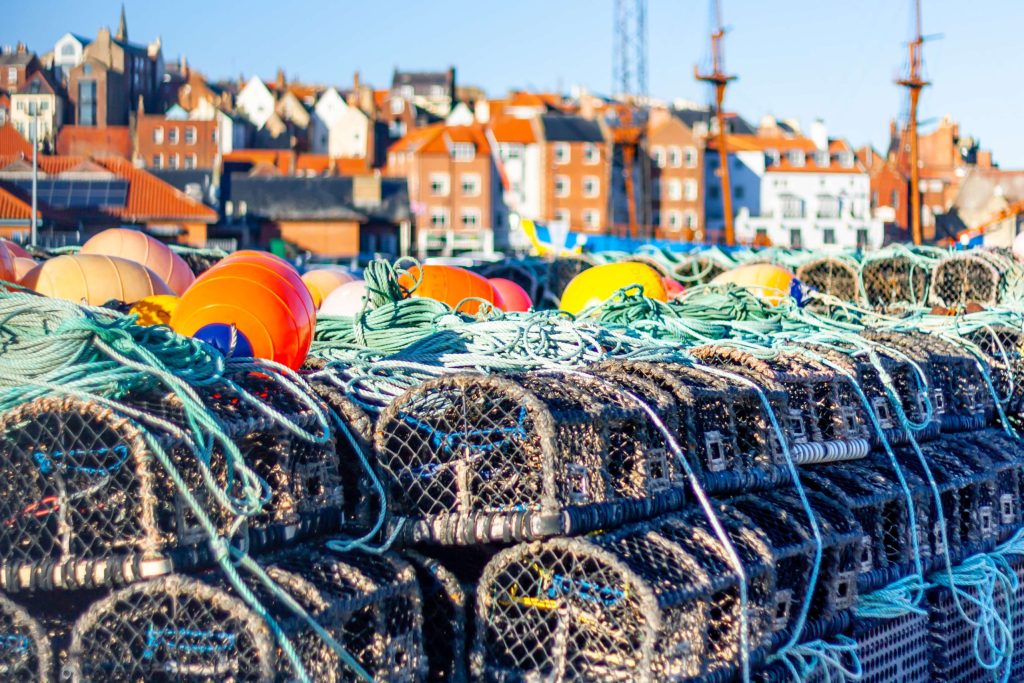
The government confirmed that existing industry practices will not be affected by the bill, stating that there will be “no direct impact” on restaurant kitchens or shellfish catching.
In other words: despite the fact they are now legally recognized as able to feel pain, there are no current plans to ban boiling these animals alive.
Animal Welfare (Sentience) Bill
Here lies the problem with the bill. While it’s an undeniable victory in the fight for animal rights, it hasn’t (yet) proved itself as the “revolutionary” moment the government would have us believe.
It may be welcome, necessary, and long overdue, but it’s nowhere near enough as a standalone piece of legislation.
For the bill to make a difference to the lives of animals, it should come with proper plans to end cruel practices against those it deems as sentient.
Lobsters were included in the bill on recommendation from scientists from the London School of Economics. It was originally intended for just vertebrates (like mammals, fish, and birds), but the government amended the bill after experts found that cephalopods (including octopuses, squid, and cuttlefish) and decapod crustaceans (including crabs, lobsters, and crayfish) were also capable of feelings.
“It is not simply the capacity to feel pain,” the authors wrote of these animals. “But feelings of pain, distress or harm, broadly understood, have a special significance for animal welfare law.”
Empty promises
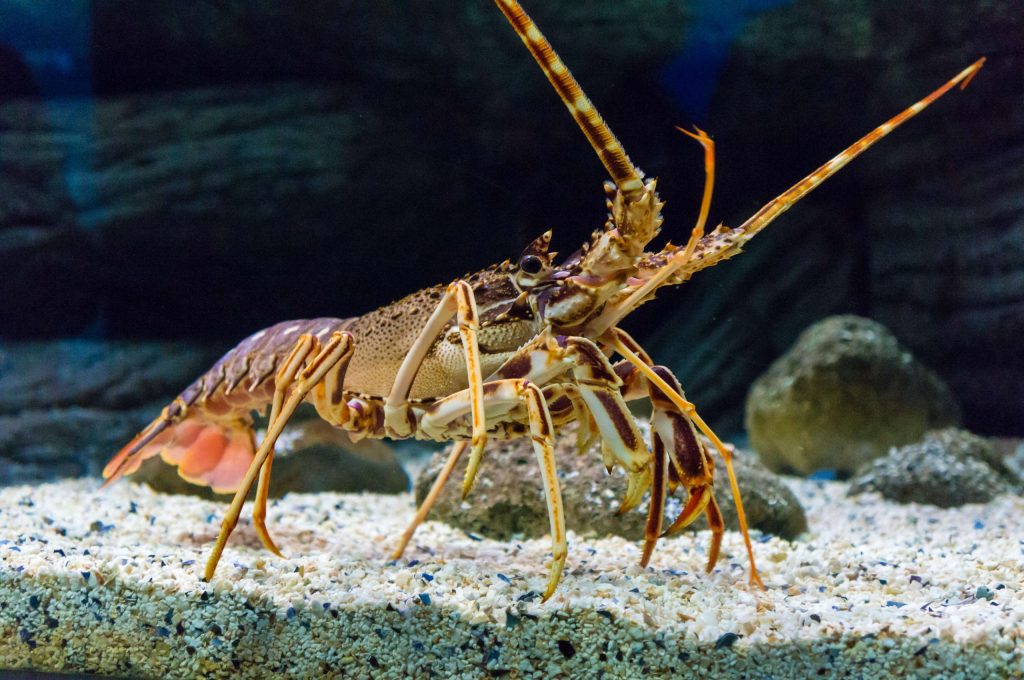
The recognition of animals’ sentience coupled with a refusal to put a stop to them enduring probably the worst pain it’s possible to imagine, is a hugely problematic move from the government.
These people are happy to give themselves a pat on the back for accepting that animals suffer, while turning away as they’re thrown – literally kicking and screaming – into pots of boiling water.
While the bill does bring with it an Animal Sentience Committee, a panel of experts who will give advice on how future policies could affect animal welfare, the government will be under no obligation to act on their suggestions.
This means that – at present – the bill only brings the vague potential to ensure animal welfare is taken into account in future laws, but it doesn’t seem to be offering any concrete promises or solutions.
In the UK, we love to tell ourselves we’re world leaders of animals rights, but recognizing that animals can feel emotions while continuing to torture them isn’t quite the act of benevolence people think it is.
Animal sentience on farms
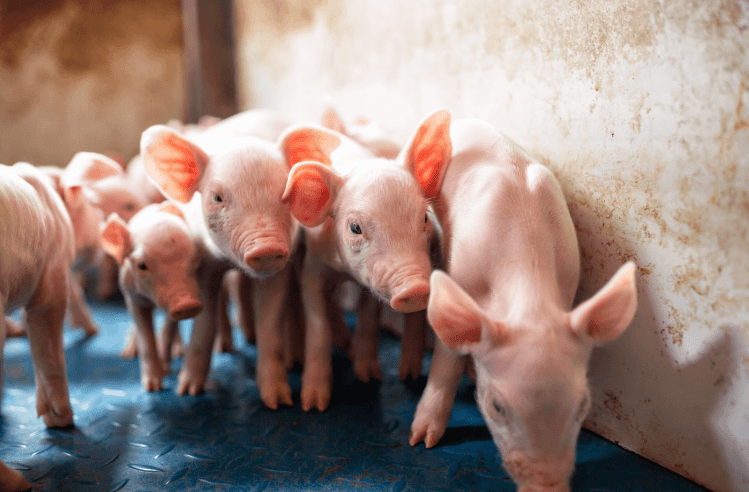
Lobsters are a new and extreme case, but they are far from the only victims of this cruel and paradoxical treatment. Mammals like pigs, sheep, and cows have all been offered legal protections since the passing of the Animal Welfare Act 2006, but has this really been enough?
Farmed animals are routinely – and completely legally – subjected to unimaginable torture in the UK. Animals like pigs and sheep are castrated and have their tails docked without anaesthetic, while many also have their teeth clipped. Meanwhile, farmers kill sick piglets using a method called “thumping,” which involves picking the young animals up by their feet and bashing their heads against the wall or floor.
Usually, this torture doesn’t lead to legal proceedings. Prosecutions for animal welfare breaches on farms are exceptionally rare, meaning animals classed as sentient fall victim to all manner of legal and illegal mistreatment in their miserable lives.
For example, when these terrified animals arrive at the slaughterhouse, they are, in theory, stunned before being strung up and having their throats cut, but this is often done improperly.
An Animal Aid investigation into 11 UK pig farms found that the animals were improperly stunned in almost all of them. This means that, while they can’t be legally boiled alive, they are often plunged into scalding tanks while still conscious.
Meaningful changes for animals
There is no doubt that the Animal Welfare (Sentience) Bill should be celebrated. Every step forward in the fight for animal rights should be. Nevertheless, we must not forget that this bill could just be the latest in a long line of measures that exist for show, not for all the animals it supposedly protects.
While people across the country are celebrating the news that lobsters are now considered sentient, the lobsters themselves continue to suffer slow and agonizing deaths in our kitchens.
If the government really wants to position itself as the party for “animal welfare,” lawmakers should take urgent steps to bring in legislation that better protects animals, while properly implementing existing ones too.
The government has undoubtedly done a wonderful job of publicizing itself as a champion of the rights of animals. So let’s hope it becomes just as adept at making a real difference to animals’ lives.
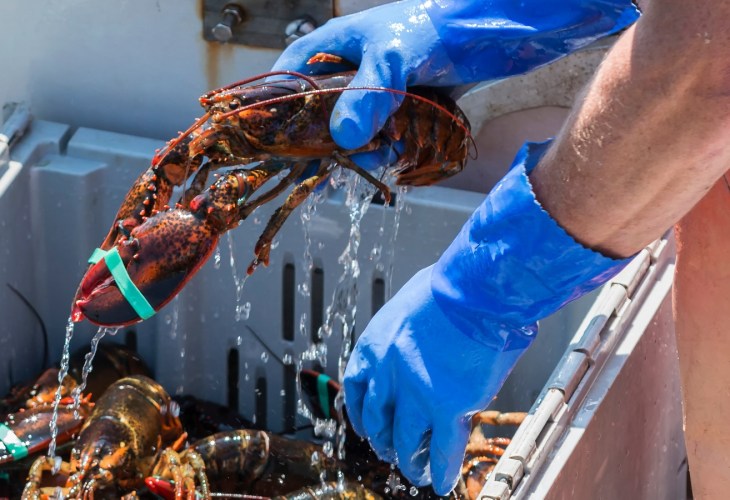








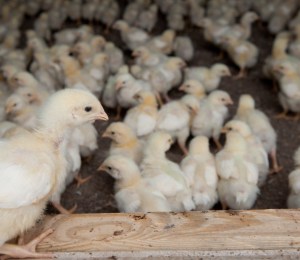




Leave a Comment
Plant Based News Comment Policy
In short:- If you act with maturity and consideration for other users, you should have no problems. Please read our Comment policy before commenting.